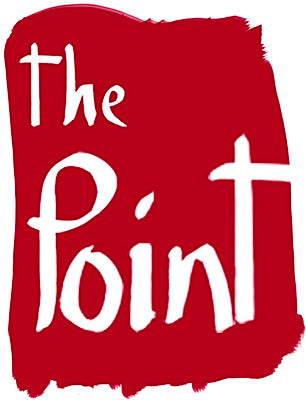On Rubbish

When I was a child, as friends, we would venture up the tip. It was fun, and adventurous, not to mention mischievous. If we got caught, we knew we’d be in trouble. Tips were open then, recycling didn’t exist, everything was landfill. We lived thirty miles from the coast, but seagulls soared, circling through putrid air, scented by the smell of rotting rubbish, a descent into decay.
People threw their discarded waste on to a heap which was separate from the main dump. Behind, we would wait, out of sight. Once the coast was clear, we’d descend and continue our rummage. Ripping open bin bags, we’d forage for objects of interest. With the sound of an approaching engine, we’d again scurry back over the bank. We were Stig’s of the dump.
Occasionally, as a family, we would visit the coast, Chesil. We would walk up and over. The symphony of crunching pebbles resounds in my memory today. Playing chicken with the rolling surf, we’d wander, kicking stones, beach combing. Sometimes you would turn a stone and a sticky, glutinous substance would lay beneath. Oil. Not much was else found then.
Today the sound of seagulls still reverberates over the remnants of rubbish but not at the tip, I’m lucky, I now live by the sea. No longer a child, I am a parent, and we don’t beach comb anymore, now we do beach cleans. However, the journey from one place to another was not direct, as is much in life, it meandered and who I was, has changed to who I am, and with it, not for the first time in life, I again learnt to see.
I came to the problems of pollution, particularly plastic, from an observational perspective, through surfing and photography. Documenting the issue in various ways through projects I presented in the Point, an independent, self-published magazine. Those investigations progressed to study for a Masters in Sustainable Development which broadened my understandings both globally and historically.
Often for problems like pollution, a top-down, technocratic fix is presented. The experts will save society, but it is important we look at ourselves because patterns of production and consumption are driving potential threats to systems collapse, so can we, as individuals do something?
